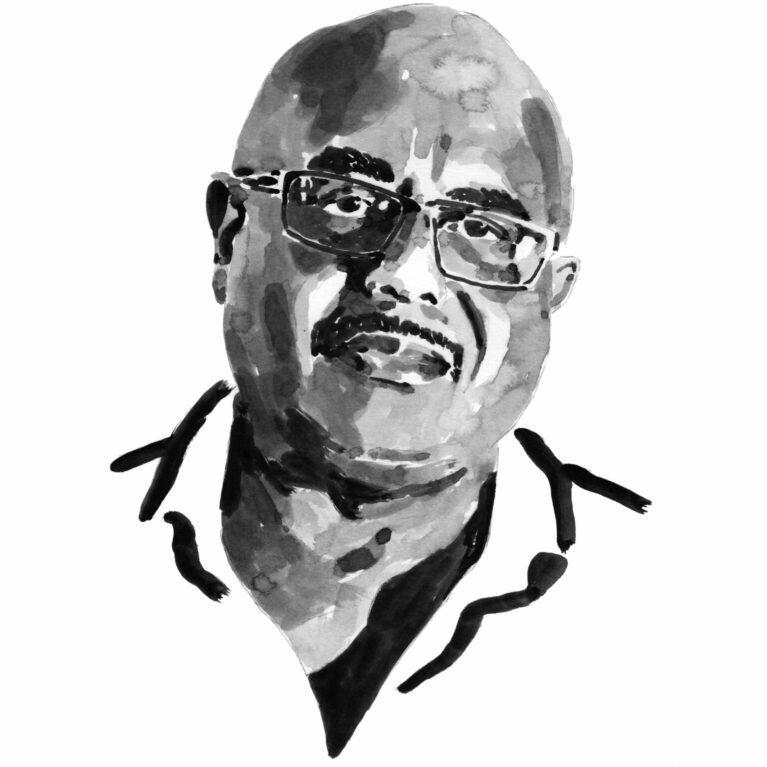Terence Vel

Who I am
As an environmental educator, I run the Wildlife Clubs of Seychelles and provide environmental learning programmes for young people in the community. I spent my own childhood in the fascinating natural environment of Seychelles island life, exploring river courses, mangrove swamps and the sea. As I grew older I wondered how these granitic islands, with their lush vegetation, beautiful beaches and plenty of fish and other marine life, came to exist. This led me to become involved in activities and studies that have to do with the natural world: ecology, biodiversity conservation, sustainable development, education and community outreach, communication, media and social marketing. In this way I turned my dreams into reality. In 1995 I found a new way to channel my passion for nature: I joined a group of teachers, scientists and environmentalists to start the Wildlife Clubs of Seychelles. Today, as the coordinator, I am still running the Wildlife Clubs programme and am delighted to be sharing the wonders of nature with young Seychellois and the community.
Where I work
I am based at the University of Seychelles (UniSey) at the Centre for Environment and Education and I manage the centre, together with Wildlife Clubs of Seychelles. Unisey has signed a Memorandum of Understanding with Wildlife Clubs to work together to establish the Unisey Centre for Environmental Education, which will benefit the people of the Seychelles. The collaboration limits the risk of projects and programmes being duplicated and provides groundwork for both organisations to join forces effectively in the implementation of future endeavours. It also makes a laboratory available to Unisey students.
What I do
I manage the Wildlife Clubs of Seychelles projects and coordinate environmental programmes in school-based Wildlife Clubs, which give young people the opportunity to learn about terrestrial and marine ecosystems, native wildlife and the environment. Over the years I have worked closely with local government authorities, mainly the Ministry of Education and the Ministry of Environment, to set up these clubs in the majority of schools across the nation. The clubs now have more than 800 members. The Unisey Centre for Environment and Education organises regular activities for schoolchildren in order to make them aware of environmental issues.
I joined the University of Seychelles in 2015 as a scientific laboratory technician and a field lecturer for BSc environmental science students. Basically, I am responsible for the day-to-day management of the laboratory. With the students, I conduct research on the survival of mangrove species and monitor long-term mangrove restoration programmes. Worldwide, mangroves are degraded and threatened due to numerous human activities. This is also the case in the Seychelles, where mangrove forest used to be abundant all around the coast of Mahé. During the past few decades there has been a growing recognition of the importance of mangroves and the need for mangrove rehabilitation.
Since the establishment of the Unisey Centre for Environmental Education, our attention has focused on developing research methods and skills in the BSc environmental science programme. The application of physical and chemical theories to environmental research helps students when they are collecting, analysing and interpreting soil, water and biological data. Elements of biology, hydrology, hydrogeology, geophysics and geochemistry have been introduced, as applicable. Tools, techniques and instruments will also be introduced and used where practically possible.
We also encourage students and teachers to build their capacity to embrace challenges to the environment. The centre welcomes young people from Wildlife Clubs, youth groups and educational establishments, from crèche to post-secondary. We are continuously looking at ways to ensure that all our programmes are relevant and of value to schools.
Social marketing is one of the strategies we use to transform environmental education and advocacy models by re-engineering them into modern and people-centred initiatives that can meet the demands of changing generational needs. We are making these changes for the benefit of all Seychellois and are now being recognised locally and globally. We are most grateful for the continued support of the Save Our Seas Foundation, and especially for the donation of resources and laboratory equipment so that we can continue to broadcast our mission statement ‘Learn, investigate, discover’.
